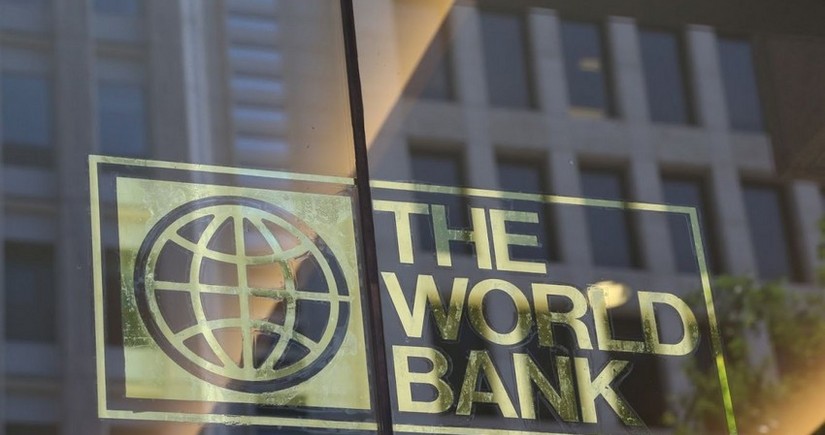WB: AI and business analytics could become the next stage of judicial system reforms in Azerbaijan
- 19 July, 2025
- 12:39

The next stage of the World Bank (WB) project "Judicial Services and Smart Infrastructure" will involve deepening digitalization, as the successful implementation of IT solutions—particularly in the areas of transparency and efficiency—highlights the need for further development of artificial intelligence and business analytics tools for smarter and data-driven management of the judicial system.
Report informs, citing the World Bank, that the Bank believes the project has had a transformative impact on Azerbaijan's judicial system, laying the groundwork for comprehensive reforms. Judicial infrastructure has been modernized with the aim of improving access to justice, enhancing efficiency, and increasing transparency.
"Between 2014 and 2024, 12 new court complexes were completed in six jurisdictions, providing better conditions for staff and users. Two data centers certified to Tier 3 international standards enable safe and secure storage of judiciary data. A new e-court system was implemented to enhance efficiency, transparency, and accessibility of judicial services. Judges can now handle three times more cases than before full roll-out of the E-court system in 2023. Almost 70,000 citizens benefited from legal aid services. Citizen satisfaction with the courts increased to 69.3%, up from 44.6% at the beginning of the project," the bank said.
Vusal Gasimli, Executive Director of the Center for Analysis and Communication of Economic Reforms, has said that the e-court platform in Azerbaijan lets businesses access the judiciary faster and less costly.
"It promotes the efficiency of judicial services and serves as a good example of digital transformation. From the economy standpoint, using such systems also makes enterprises more efficient by resources needed for legal procedures," he noted.
According to the World Bank, Azerbaijan has seen a tenfold increase in demand in the past decade, with caseloads increasing from about 22,000 civil and commercial cases in 2010 to nearly 240,000 in 2023. Traditional courts used to take 187 days on average to process a case through the system.
The World Bank said the demand for judicial services in Azerbaijan has increased tenfold over the past decade: the number of civil and commercial cases rose from 22,000 in 2010 to nearly 240,000 in 2023. In the past, reform efforts were hampered by delays, insufficient infrastructure and resources, and limited digitalization. However, thanks to investments in technology and human capital, the system’s efficiency has significantly improved. Today, courts process cases in an average of 119 days, compared to 187 days previously.
A key factor in the project's success was the close cooperation between the Judicial-Legal Council, the Ministry of Justice, judicial institutions, and the legal community. Special emphasis was placed on strengthening institutional capacity and training personnel to effectively implement new digital solutions.
The reforms form part of a broader strategy to transition from a growth model based on active state intervention to one in which the public sector acts as a facilitator—creating conditions for sustainable and inclusive development rather than being the main driver of economic growth.
The World Bank also notes that the project helped address a sharp spike in case volume in 2016 (up to 470,000 cases—twice the current volume), triggered by the aftermath of the manat devaluation and a rise in debt-related disputes. In response, an online case processing system was introduced, relieving pressure on judges and speeding up proceedings.
It is worth noting that the initial loan of $100 million was signed on October 22, 2014, and on March 26, 2020, the World Bank allocated an additional $50 million to continue and expand the project.
